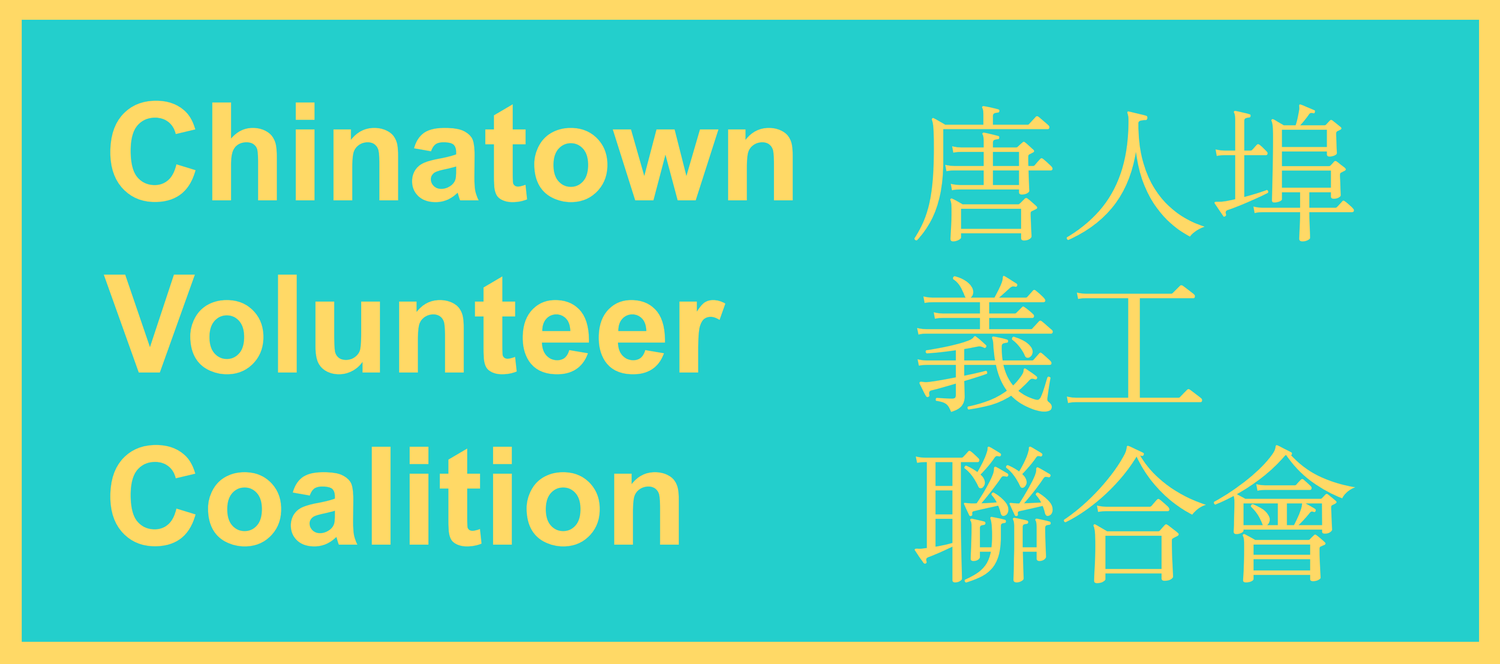SA & SH Ethics and Policies
Content Warning: sexual assault is mentioned
Our Bottom Line
We cannot associate with individuals or groups who do not have the best interest of women and vulnerable individuals, this includes those that may pose a threat to others.
Members of Chinatown Volunteer coalition are not exempt from accountability, including leaders of CVC.
Preamble
As an AAPI operated organization or company, we are publicly declaring the adoption of the following statements as policies which aim to protect all women and vulnerable individuals, especially those who volunteer, work for, manage, and direct AAPI companies or organizations.
These statements and declarations should only add to the organization or companies existing policies in such a way to protect women and vulnerable individuals.
These statements shall be read in the context that the words and phrases such as "they" and "someone who comes forward" shall refer to those who have experienced any abuse (verbal and or physical), harassment, sexual assault, sexual harassment, and sexual violence.
“We” shall refer to all people, but most especially those in power, including leaders in the AAPI community.
Fundamental Acknowledgements
We acknowledge that AAPI women are abstracted into hypersexualized stereotypes and fetishized objects, and are more at risk of being targeted violently and or sexually.
We acknowledge the patriarchal and misogynist structures that exist in our society that results in the condition that women and vulnerable individuals are interrogated and judged more harshly.
We understand that it is unfair, unrealistic, or unjustified, to equate the living rights between men, women, and those that identify otherwise.
We understand that 65% of victims who come forward say that nobody helped them.
We understand that a lack of certain specific details, does not mean that all other details provided by the survivor/victim [victim] are not factual.
We understand that transparency in communication includes timely updates of how leadership is working towards meeting the victim’s request(s).
Policy Statements
We will actively listen without judgment and bias. We will refrain from asking judgmental questions. For example: “what were you wearing?”, “how come you didn't fight back?” etc. These questions place accountability on the survivor/victim [victim] rather than the offender. We will not challenge unnecessary and specific details from the victim’s account which do not support the victim, and aren't necessary to determine the offender’s guilt or innocence.
We will not blame those who come forward for coming forward. We will properly gather all relevant information but will fight the impulse to consider “both sides” of the story. We will ask the accused offender specific questions guided by the victim’s testimony as a way to protect the victim’s privacy, avoid confusion, and not allow the accused offender to control the narrative. We will not focus on if the victim is credible. We will focus on how the accused offender may be guilty, rather than place the burden on the victim to prove how the offender is guilty.
We understand that those who come forward who want to remain anonymous shall be kept anonymous. Anyone who comes forward to our organization has the right to choose how much information and to whom they want to disclose information to.
We will not allow any personal relationships with the accused offender to sway favor for, and against the victim. Members of leadership do not decide who is privy to the identity of someone who comes forward, nor decide who is privy to the private information which was shared. If the victim only wants certain members of leadership to know their identity, respect their boundary. If you don't know, ask the victim.
If any member of leadership is accused of any form of sexual misconduct by any person, that member of leadership shall have all powers and titles stripped immediately. Remaining leadership shall take appropriate action as guided by the victim. If any member, guest, friend, etc. of the organization is accused, leadership shall take appropriate action as guided by the victim. The victim shall have the authority to make their own demands, but members of leadership should have a solution they can offer to alleviate any additional burdens on the victim.
